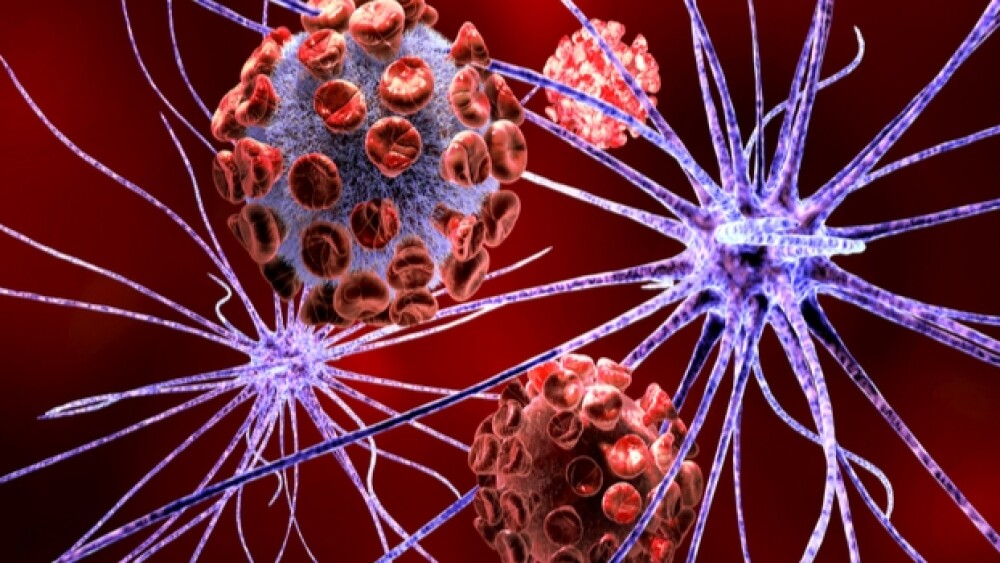While the approval of AveXis’ gene therapy for spinal muscular atrophy has been tainted by the revelation of early data manipulation, the Novartis subsidiary presented some long-term data at a conference that backs up the treatment’s efficacy.
While the approval of AveXis’ gene therapy for spinal muscular atrophy has been tainted by the revelation of early data manipulation, the Novartis subsidiary presented some long-term data at a conference that backs up the treatment’s efficacy.
On Thursday, AveXis presented new data from two Phase III trials, the SPR1NT trial in pre-symptomatic patients as well as interim data from the ongoing Phase III STR1VE clinical program for Zolgensma that showed positive outcomes demonstrating age‑appropriate major milestone gain with pre‑symptomatic treatment and prolonged event-free survival in patients with SMA Type 1. Data from these two trials, as well as long-term follow-up data to the Phase I START study will be presented at the 2019 European Pediatric Neurology Society (EPNS) Congress.
Updated results from the STR1VE study demonstrate that the gene therapy Zolgensma(onasemnogene abeparvovec-xioi)has significant therapeutic benefit in prolonging event-free survival in SMA Type 1 patients. AveXis said. Interim data from the SPRINT study supports critical importance of early intervention in pre-symptomatic SMA patients, leading to age‑appropriate major milestone gain, the company added in its announcement.
Olga Santiago, AveXis’ chief medical officer, said the data being presented at EPNS “demonstrate the life-changing impact Zolgensma can have on children with SMA Type 1.”
“It is critical to diagnose SMA and begin treatment as early as possible in order to stop irreversible motor neuron loss and make the achievement of major motor milestones such as crawling, sitting and walking a possibility,” Santiago said in a statement.
Spinal muscular atrophy is a rare genetic disease that leads to progressive muscle weakness and paralysis. Type 1 SMA is the most severe type and can be fatal. It is estimated that the disease affects 550-600 infants in Europe, AveXis said ahead of the conference.
Zolgensma was approved to treat SMA earlier this year then after it was approved, it was revealed there had been some data manipulation in its early days of development. Despite the revelation, the U.S. Food and Drug Administration said the manipulation did not change its positive assessment of the efficacy of Zolgensma based on its clinical trial history.
At EPNS, some of the data that will be shared from the Phase III SPR1NT trial that assessed Zolgensma in pre-symptomatic patients with SMA and two or three copies of SMN2 who were less than six weeks of age, shows that all of the patients in this trial are now free of permanent assisted ventilation. Many of the infant patients also gained greater muscle control. Some of the SMA children could sit without support for a short time and some were even able to stand with assistance.
While that was positive, 72.2% of the patients experienced at least one treatment-emergent adverse event, with seven being considered related to Zolgensma. None of those were considered serious.
In the STR1VE trial for SMA1 patients, several of the infant patients achieved the ability to sit without support for at least 30, an achievement babies with SMA Type 1 never reach in the natural history of the disease, AveXis said. Other infants who received Zolgensma in both a U.S. study and European study achieved other treatment-related developmental milestones that will be discussed at the conference.
There was one death in the European arm of the STR1VE trial. According to the autopsy report, the cause of death was ruled as hypoxic-ischemic brain damage and respiratory distress. These were considered unrelated to the gene therapy by the investigator. However, AveXis said the autopsy indicates that the gene therapy could have contributed to abnormal liver function tests in the child, as well as low blood pressure.
START was a Phase 1 study evaluating the safety and efficacy of a one-time IV infusion of Zolgensma in SMA Type 1 patients with the onset of clinical symptoms before six months of age. At the close of the 24-month study, all 12 patients in the cohort that received a targeted therapeutic dose were alive and free of permanent ventilation. Without treatment, most of these patients would not survive past the age of two or would require permanent ventilation. These patients continue to achieve developmental milestones, AveXis said.





